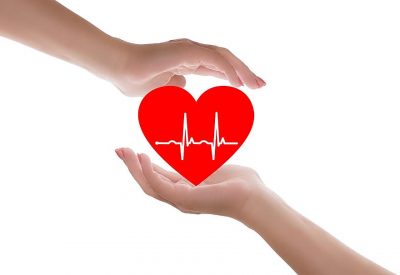Important Questions and Answers on the COVID-19 Crisis. Saving Lives?

- Do you think that “saving lives” is consistent with the prolonged closure of vital sectors of civil society?
Covid-19: profound impacts on the global economy
2. Do you think that “saving lives” is compatible with preventing GPs from prescribing the treatments they are familiar with?
France bans hydroxychloroquine to treat coronavirus
Response to covid-19: Dr. Bellaton’s healthy anger
Hydroxychloroquine works in high-risk patients, and saying otherwise is dangerous.
3. Do you think that “saving lives” is compatible with the confinement of millions of people who have caused an increase in domestic violence (battered women and children)?
Confinement: doubling the number of calls to crisis lines for victims of domestic violence
France: sharp increase in reports of domestic violence during confinement
4. Do you think that “saving lives” is compatible with the moral desperation generated by the confinement and morbid discourse of the media?
How Containment Promotes Depression
5. Do you think that “saving lives” is consistent with the increase in suicides caused by anti-VIDEO measures?
Confinement has led to an increase in suicides.
6. Do you think that “saving lives” is compatible with conditions that lead to massive unemployment, which in turn leads to poverty, lack of access to health care, criminality, violence and famine?
Covid-19 causes a surge of unemployment in the world.
Heavy impact of Covid-19 on Belgian employment
7. Do you think that “saving lives” is compatible with the impoverishment of countries that are already extremely poor?
COVID-19, Global Lock-in and Destruction: Economic and Social Impacts
Do you think that “saving” lives is compatible with stopping care for the most morbid human diseases?
COVID-19 has serious repercussions on health services for non-communicable diseases (cancers, heart disease, diabetes, etc.).
The mortality of COVID-19 is still unknown but much less than that announced and, above all, much less than all the consequences of its management.
- The lack of water kills 5 million people every year.
- 5 million malnourished children die every year.
- Cardiovascular disease killed 18 million people in 2017.
- Cancers killed 10 million people in 2017.
Our World in Data: Causes of Death
And it will get much worse because of the management of a single disease?
To “save lives”?
The media say that it is the COVID-19 disease that causes all these consequences, unemployment, economic disasters, pathogenic containment?
NO!
It is the management of your government, of these “experts” that is the cause!
Their choices, their decisions in the face of COVID-19!
Our governments, faced with a single disease, have decided to sacrifice lives!
Do you still think that the management of the COVID-19 crisis by our governments really saves lives?
Dr Pascal Sacré

